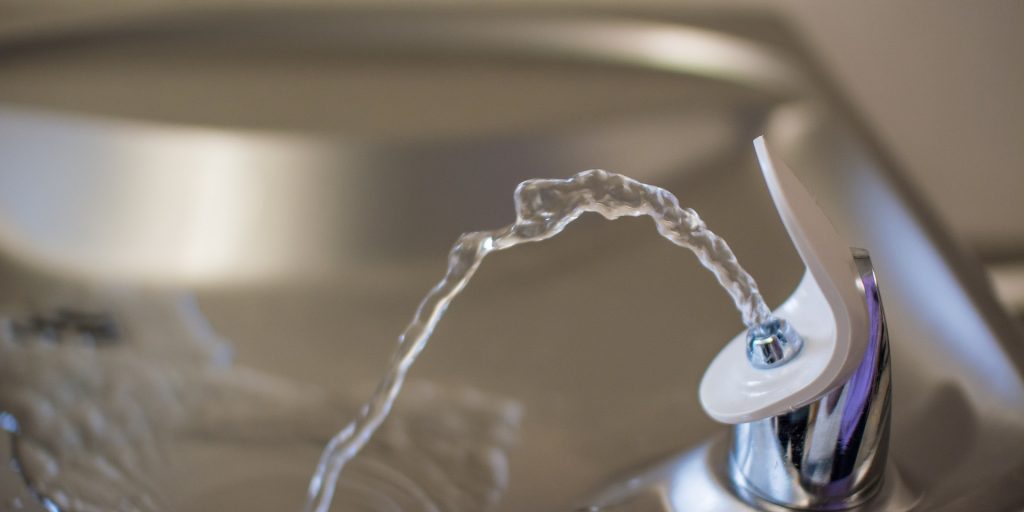EPIC announces incentive program to help small municipalities replace lead pipes
According to The Environmental Protection Agency (EPA), there are an estimated 6-10 million lead service lines across the United States, causing a threat to drinking water supplies. The solution is removal and replacement of those lead pipes. Larger cities have programs to replace their lines, while smaller communities and under-resourced municipalities and water systems do not. To help that, the Environmental Policy Innovation Center (EPIC) has announced the launch of a Lead-Free Water Challenge to help incentivize small municipalities to remove and replace their lead service lines. EPIC will select five municipalities (populations of 5,000-35,000) or public water systems interested in replacing their lead service lines launch programs by offering technical assistance, connections to resources and funders, and information-sharing through peer networks.
“Toxic lead should not be in anyone’s drinking water, but, fortunately, this problem has a relatively straightforward solution: replace all lead pipes,” said Maureen Cunningham, deputy director of water at EPIC. “By launching programs in small and under-resourced communities in partnership with other experts, we hope to build momentum to make lead in drinking water a thing of the past. With the Biden-Harris administration’s goal of becoming 100 percent lead-free backed by federal funding, there has perhaps never been a better moment to tackle this public health crisis and move one step closer to ensuring clean and safe drinking water for all.”
EPIC has teamed up with Blue Conduit and other partners to deliver much-needed technical assistance to the selected municipalities, and the Lead-Free Water Challenge is also supported by the Robert Wood Johnson Foundation and Spring Point Partners.
“An actionable inventory is a key step to replacing lead service lines. In many of the cities we’ve worked since 2016, water service line materials records are often missing, inaccurate or outdated,” said Ian Robinson, managing director at BlueConduit. “The uncertainty created by these data gaps can make it very difficult to plan efficient replacements. We were founded with the mission of using data science to improve public health. We are excited to support communities in this program to assist them in getting the lead out of the ground as quickly and efficiently as possible.”
Interested municipalities and small water systems can apply for the Lead-Free Water Challenge and find more information about the program on its webpage. Applications will be accepted on a rolling basis through June 15, 2021.




















